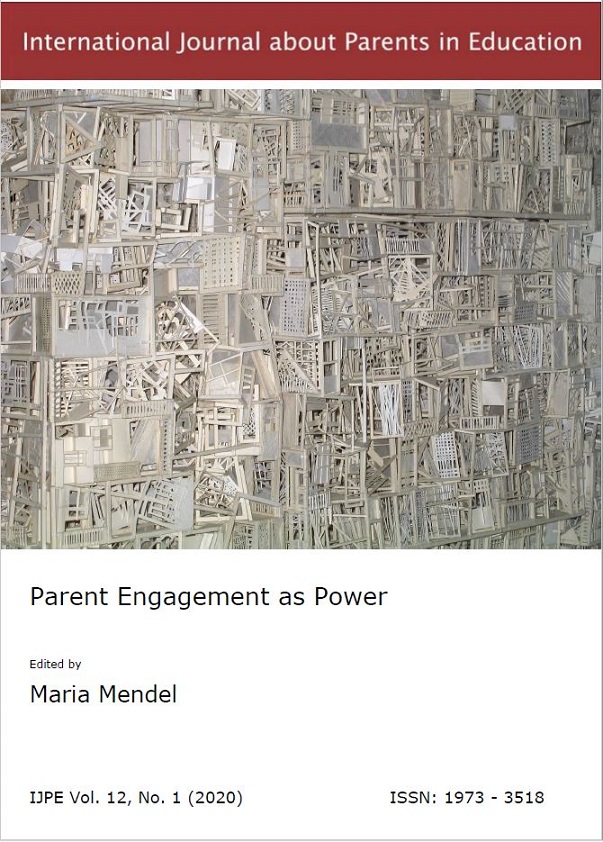The Ambiguous Meanings of Parental Engagement in the Reflexive Modernization Era: Parental Educational Initiatives in Poland
DOI:
https://doi.org/10.54195/ijpe.14108Keywords:
parents engagement, parents involvement, quasi-schools, reflexive modernization, subpoliticsAbstract
This paper lays down a discussion on the contribution of a group of parents who decide to abandon public education and create for their children new educational environments – here called quasi-schools. It focuses on the engagement category captured during analysis and its shifting meanings. The theoretical elaboration draws on exploratory qualitative research that started in 2014 which aimed to explore the essence and basis of the phenomenon of exceptional parental activity. The research questions concerned the parents' actions themselves and the meanings given to these actions by the parents, as well as wider ideologies in which parental activities find their justification. Aside from the theoretical framework composed of social constructivism and poststructuralism, in this elaboration, the concept of reflexive modernization by Beck and Giddens was employed. The research utilized the case study method with applied strategies of constructivist grounded theory (Charmaz) and discourse analysis embedded in the sociology of knowledge (Keller). Interviews with e1even parents involved in quasi-schools were conducted and analyzed from bottom-up. The analyses allow us to reconstruct the multifaceted meanings of parental engagement in late modernity as corresponding with ideals of strength, participation, democracy and empowerment on the one hand and endangerment on the other hand.





